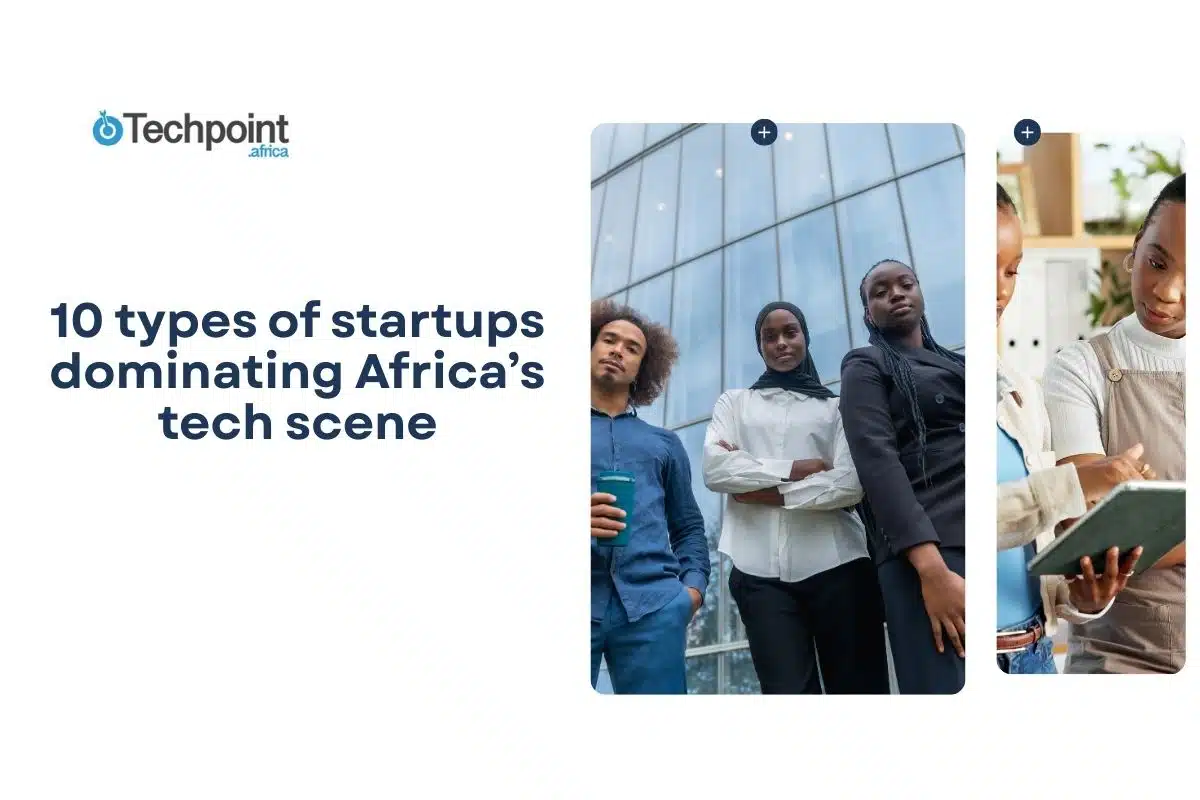- LemFi has switched on low-cost transfers to Egypt, its 31st destination, unlocking a remittance corridor that saw Egyptians abroad send $20.6 billion home in 2024.
- The five-year-old startup now covers three North African markets — Morocco, Tunisia and Egypt — and serves more than two million users worldwide.
- Egypt’s launch concludes an 18-month growth sprint that included $53 million in Series B funding, the acquisition of a UK card issuer, and regulatory approvals spanning Nigeria and Kenya.
- By folding Egypt into its network, LemFi is betting that cheaper, faster transfers will lure a slice of the country’s booming diaspora inflows.
When Ridwan Olalere and Rian Cochran founded LemFi in 2020, their pitch was simple: let Africans abroad move money home instantly, without the excessive fees typically charged by traditional services.
Five years later, this commitment has expanded to include Egypt, which is the third-largest remittance market in Africa and, with a total of $20.6 billion last year, one of the most lucrative markets in the world.
According to Philip Daniel, LemFi’s Head of Global Expansion, “Egypt’s significance as a remittance destination cannot be understated. In recent years, the corridor has experienced consistent growth. Whether in LemFi’s existing markets or other markets that align with our global expansion ambitions, the Egyptian diaspora is significant, and they deserve quality service, such as the one we offer.”
Currency shortages and a record-size diaspora have made remittances Egypt’s single biggest source of foreign exchange. Yet bank wires can take days and cost up to 7 % in fees. LemFi’s pitch — zero transfer charges and FX rates that track the market — targets Egyptians in the UK, Canada, and continental Europe who routinely send small but frequent amounts home.
This expansion is supported by consecutive capital raises. In 2023, LemFi secured $33 million in its Series A funding, allowing it to acquire licences in Nigeria and the UK and rebrand from Lemonade Finance.
Then, with a $53 million Series B funding round this January, the company was able to expand into Europe and Asia while increasing its transaction volumes to over $1 billion per month.
In June 2025, the company made a significant investment in its infrastructure by acquiring Pillar, a credit card issuer based in London.
This deal grants LemFi the necessary regulatory permissions to integrate card services, multicurrency wallets, and credit options into its core remittance platform. The company has suggested that these new products could be introduced in Egypt.
LemFi’s experience from its debut in Kenya has shown that obtaining local approval is crucial for achieving scale. After a year-long pilot programme, the Central Bank of Kenya approved the app in April 2024, enabling LemFi to reach over 500,000 Kenyans living in the diaspora.

Victoria Fakiya – Senior Writer
Techpoint Digest
Make your startup impossible to overlook
Discover the proven system to pitch your startup to the media, and finally get noticed.
Egypt’s central bank maintains similar oversight of payment operators, and insiders say LemFi has spent months integrating with the country’s InstaPay instant-payments network to ensure same-minute settlements.
The move places LemFi up against Chipper Cash, WorldRemit, and a growing cast of local fintechs eyeing North Africa’s diaspora flows. However, the startup’s founders believe the combination of fee-free transfers, rapid settlement, and an expanding wallet of add-on services will help it stand out.
LemFi says it will prioritise Egyptian pound payouts to bank accounts and mobile wallets before rolling out a full multicurrency wallet. With its North African hattrick complete, attention is shifting to Francophone West Africa, where regulatory talks are reportedly underway.
Currently, Egypt presents the highest-stakes test: if LemFi can capture even a fraction of the country’s $20 billion remittance flow, it could be closer to its goal of becoming the default bank for Africa’s diaspora.











